There are several kinds of mice found in Marin. The most common is the House Mouse but Marin is also within the Deer Mouse habitat. Due to their small size, there are many more mouse infestations in homes than rat infestations. But you can get rid of mice without poisons!


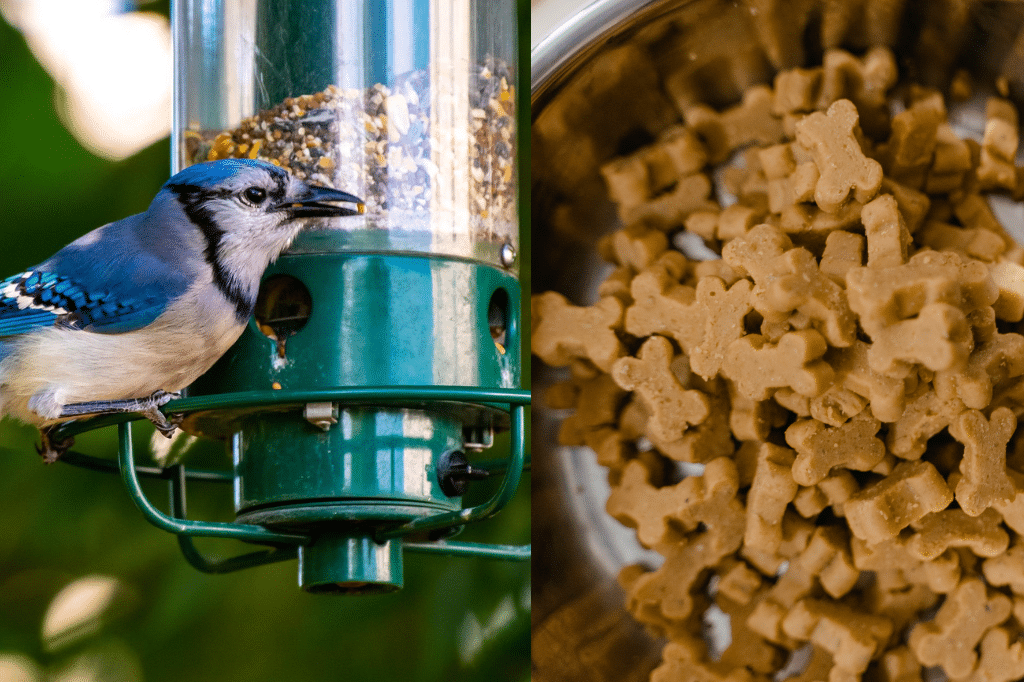
Prevent Mouse Problems
Prevention is always best. Here are tips for keeping rodents away:
Eliminate access to your home or car
- Mice can gain access to your home through a hole as small as a dime or a crevice as thin as a pencil. Inspect your home carefully and secure any possible points of entry. Check out this video and this video for common access points around your home so you can do a preventative review. This video explains how to plug the holes that you may find.
- Garages are a common first entry point. This video shows how to inspect your garage door and replace the weather seal to keep rodents out.
- Cold weather causes mice to seek somewhere warm to nest. This can include your car and they can cause thousands of dollars of damage. If you park outside, avoid areas where mice may be living and close the AC vents to prevent access to the interior of your car. Regularly check your engine for signs of mice.
- If you live, work, or visit buildings in a rural area, watch this video to learn why and how to prevent infestation from deer mice.
- Marin/Sonoma Mosquito Vector Control District offers a Rodent Program that provides FREE home inspections to help identify rodent entry points and more.
Manage vegetation
- Prune tree branches so they do not overhang your roof and remove climbing vines. These can give mice access to roofs and upper levels of your home that may be more difficult to inspect and maintain.
- Remove ivy and other dense ground covers and prune shrubs to avoid giving shelter to mice. Give their natural predators a better chance!
Limit access to food and water
- It’s also important to avoid attracting rodents with easily accessible food and water. This video gives a good overview of best practices for homes and businesses.
- Think twice before having a bird feeder. Mice love to eat the fallen seeds. You can welcome just as many birds by planting the right trees and plants! Native plants are highly recommended and here are other tips for attracting birds to your yard.
- Chicken coops are very attractive to rodents. If you have one, take precautions.
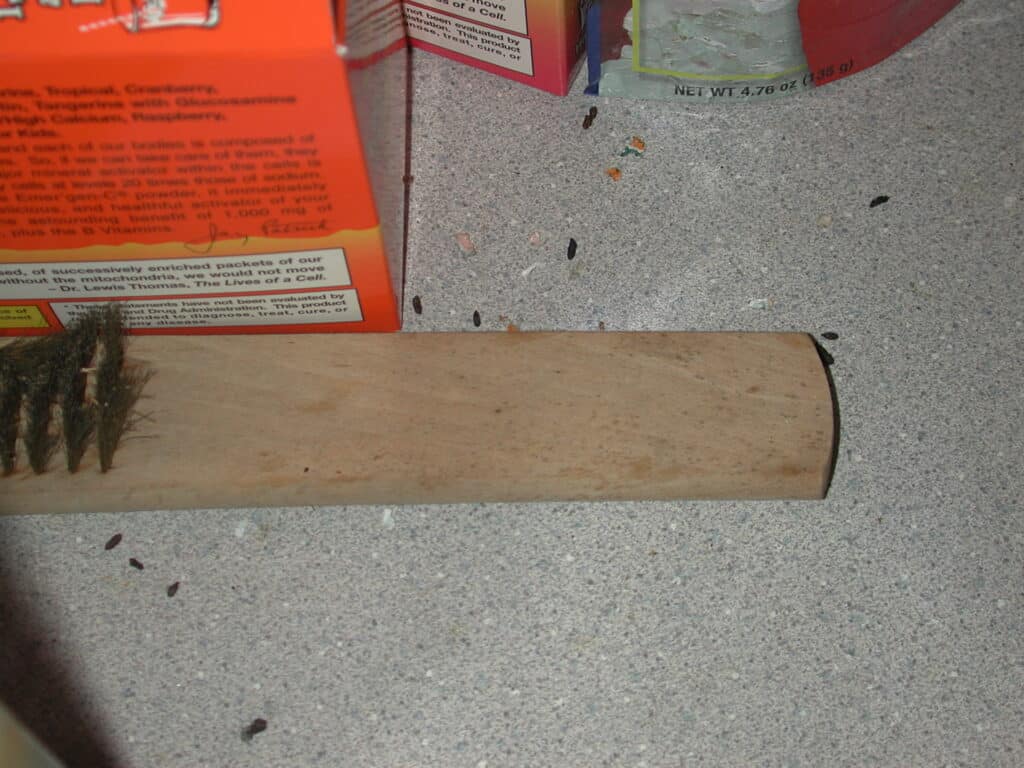
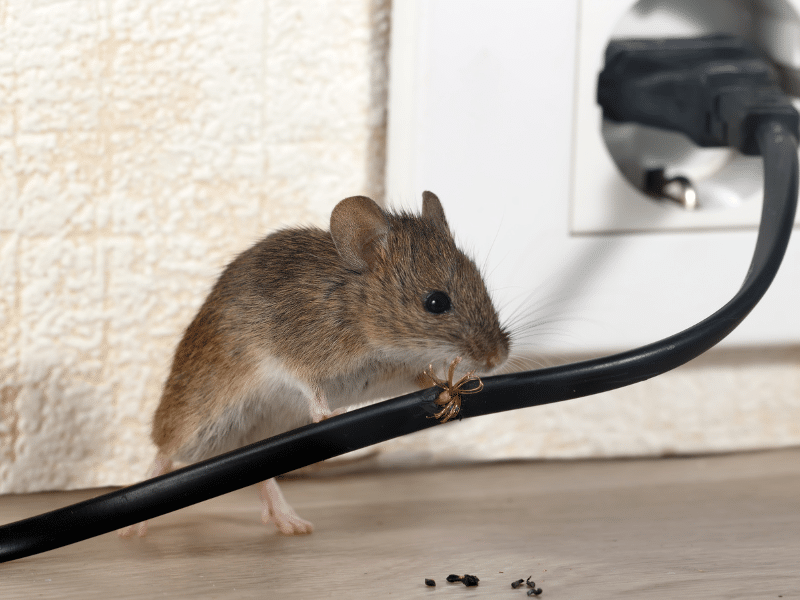
Signs of a Mouse Problem
You might never see them because they are most active at night. Instead, complete a thorough inspection to look for signs like:
- Trails of small droppings approximately 1/8″ – 1/4″ long, urine, and grease marks
- Gnaw marks on wood, rubber, plastic, cardboard, furniture, or electrical wires in home or car
- Holes in food packaging
- Birdseed disappearing overnight
- Chunks missing from fruit left on your counter
This page and this video give excellent overviews of the signs of a rodent infestation.
Many droppings look alike!
Have you found what looks like mouse droppings outside? Here is how to tell if they are actually bat droppings. If that’s the case – lucky you! Bats eat insects like mosquitoes and are beneficial to the garden.
Mouse droppings look similar to cockroach droppings. Scroll down on this page to view drawings to help you tell the difference. If you have a cockroach problem, visit our Bugs page!
Rodent identification can be tricky
If you see a rodent, this will help you determine if it is a mouse or vole, a mouse or a shrew, a rat or a mouse, and a house mouse or a deer mouse. This video contains footage of the house mouse, plus images of its droppings and footprints.
Dangers of Mice Infestation
Mice can cause serious problems. They can:
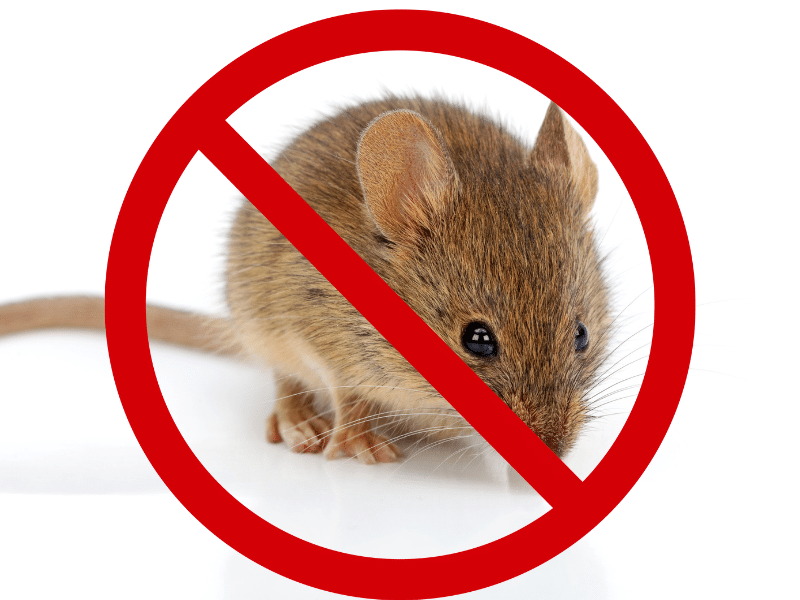
- Transmit disease directly, from their waste products, or through the fleas, mites, and ticks they can carry. Their urine and dander are also associated with an increased risk of asthma. Deer mice are a particular concern as they are an important factor in the spread of Lyme disease and a carrier of the Sin Nombre virus which causes the rare but deadly hantavirus infection.
- Damage your home or car, gnawing through doors, walls, insulation and wires – they can even undermine your foundation.

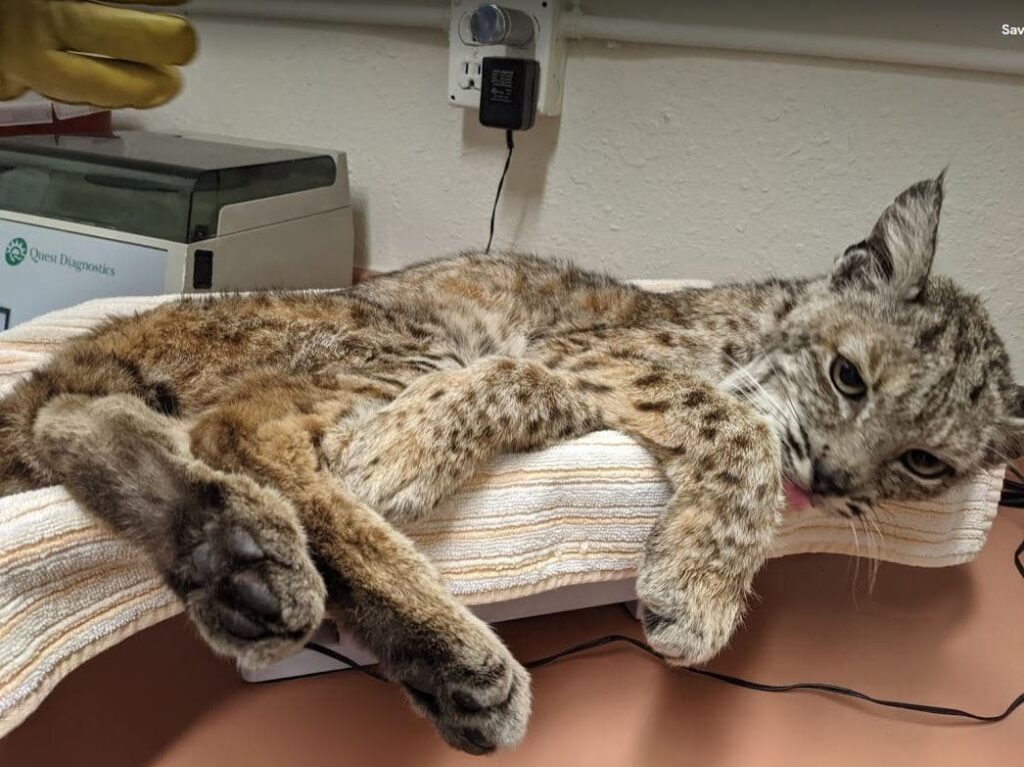
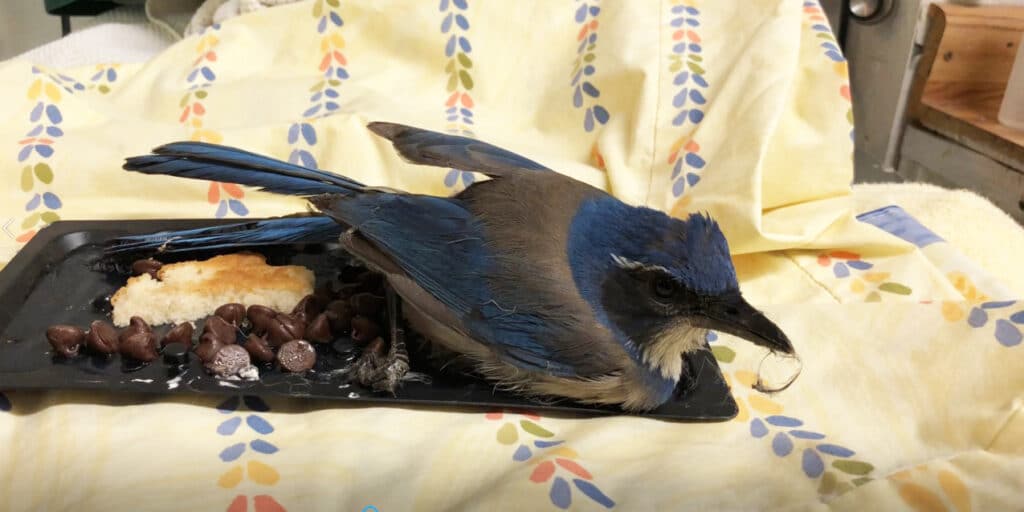
How (Not) to Get Rid of Mice
Never use rodenticide (mouse poison)!
- Some are brightly colored and contain tasty flavorings, which may attract young children, pets, and wildlife, putting them at risk of accidental poisoning.
- Once the gopher eats the bait, anything that eats it will also ingest the poison. This creates a secondary risk to pets and wildlife. WildCare reports that 76% of raptors and other rodent-consuming wildlife brought into their facility have tested positive for secondary rodenticide poisoning, which can cause a slow and painful death.
- Due to these risks, many rodenticides have been banned in California or restricted to professional use.
- Rodenticides don’t kill immediately. You won’t be happy if the mice die in your walls – the smell is awful. Their decomposing bodies can also attract insects which may later feast on your carpets or clothing.
- There are some eco-friendlier baits but the mice won’t die unless the bait is their only source of food. Since mice eat so many things, these baits are rarely your most effective option.
Never use glue traps.
- Children, pets, songbirds, and other wildlife can get stuck to the incredibly sticky surfaces. Learn more about these dangers here.
- If you find a live mouse caught in the glue trap, you will have to kill it.
- If you don’t check the trap regularly, a trapped mouse may be left to slowly starve to death, or gravely injure themselves in an attempt to get free. Glue traps are cruel so please don’t use them!
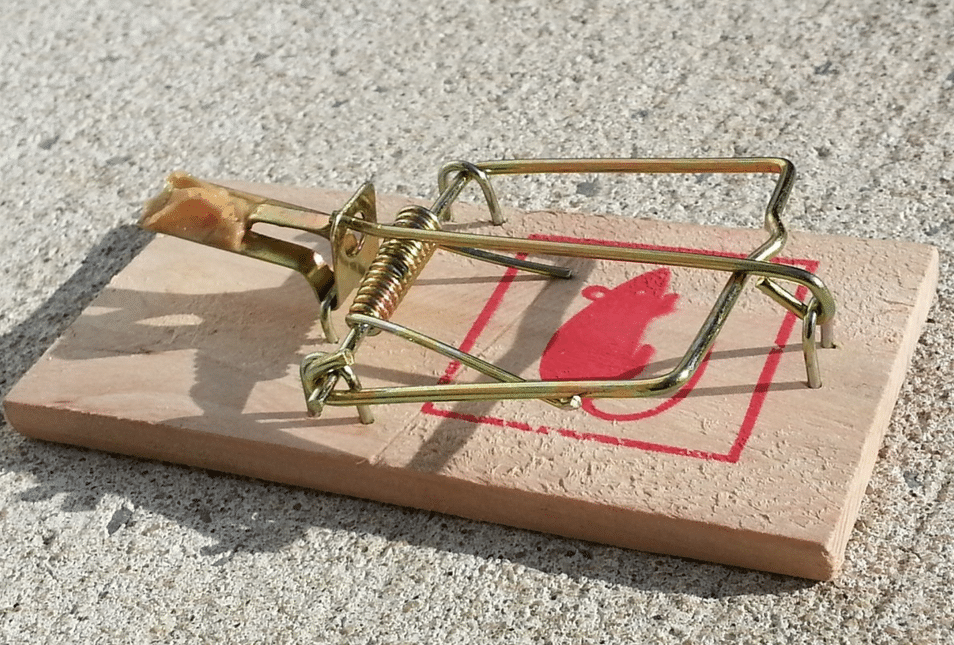
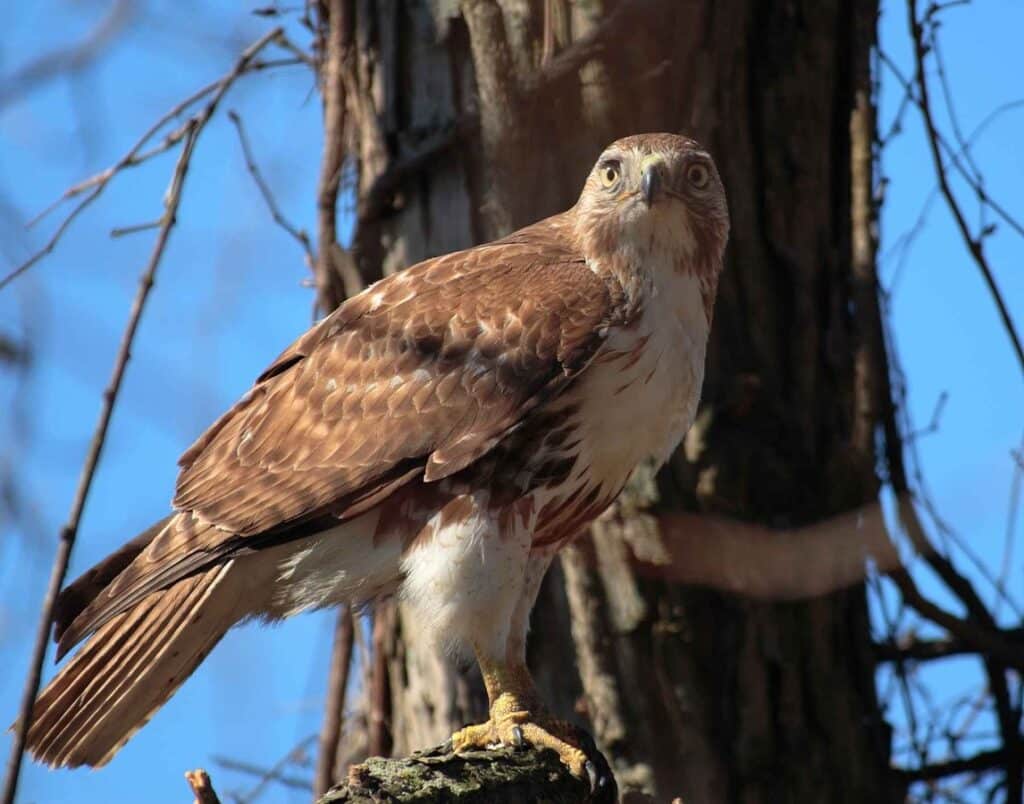
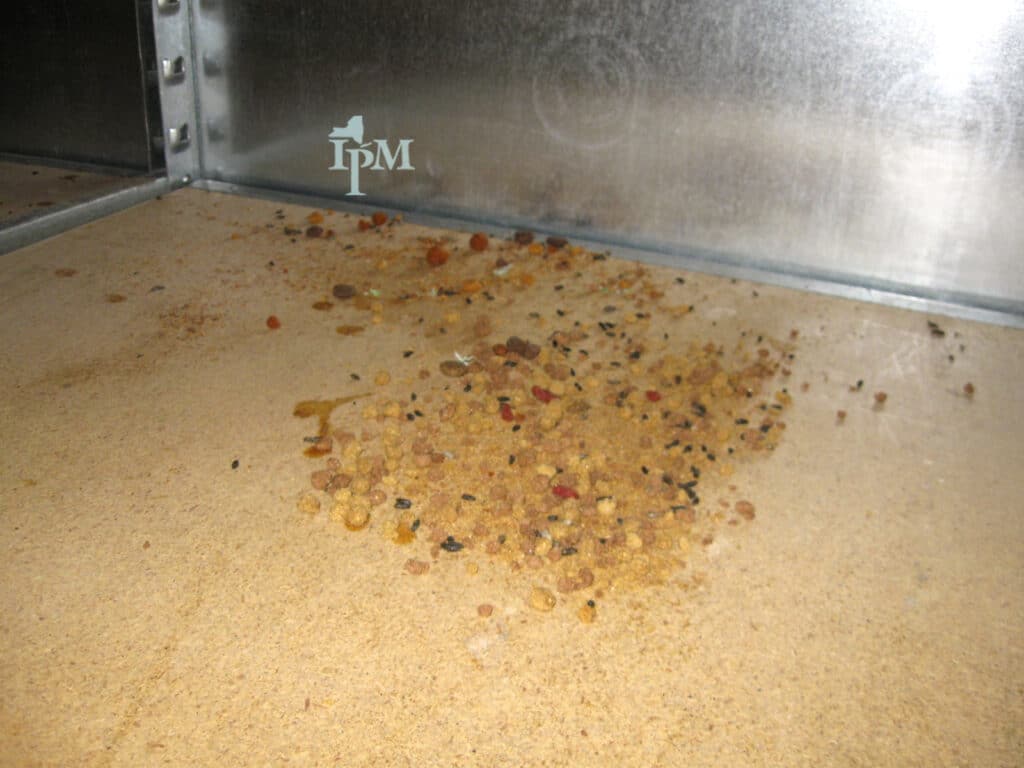
The Best Ways to Get Rid of Mice
To manage mice, we recommend traps.
- Snap traps are an effective and humane way to kill mice and other rodents. Set multiple traps, experiment to find the right bait, and learn the importance of their placement. Mice are curious creatures so changing the location of your traps and your bait can be a successful strategy. This video provides excellent trapping tips and this video shows how to set a trap while keeping your fingers safe. This video gives an excellent overview of why traps are superior to rodenticides, additional trapping tips (including why you might want to set your traps with non-food materials), and clean-up information.
Welcome their predators
- Raptors and snakes are great natural rodent control! Encourage these predators to live nearby by hosting an owl nesting box or installing a raptor perch on your property. Here is how you can make your yard more welcoming to snakes.
Cleaning up is key!
- It is critical to clean up rodent droppings, urine, and nest materials. Follow this advice from the CDC to do it safely.
- If you already have mice nesting in your car, this video explains how to clean out the engine and then add peppermint oil to prevent reinfestation. (Although there are no studies to prove the efficacy of the essential oil, many people find it works. Reapply if the scent begins to fade.)
Prevention is best
- To avoid future mouse problems, be sure to implement our Prevention tips (above)!
Have more questions about mice or other rodents? Watch a recording of our webinars on the subject:
- “Keeping Rats & Mice Out!” in partnership with Our Water Our World and UC Marin Master Gardeners.
- “The Best Ways to Manage Rats” in partnership with UC ANR and WildCare
And remember: if you have a mouse problem, your neighbors might too! A coordinated approach to their management will be most successful. Contact YardSmartMarin if you’d like us to present information to your HOA or other neighborhood organization.